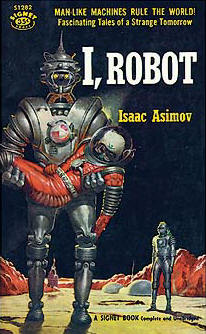When I look at the history of the human race, I see unimaginable cruelty to each other and utter disregard for the environment that gives us life. Every time a group of people encounter a weaker group of people, they attack them, kill them, take their stuff, and force the survivors to work for them. In the name of profit, they foul the air, the land, and the water. We have known for several decades that we're causing unacceptable climate change, and we've done nothing to slow the damage. The thing that wipes out the human race won't be a meteor or a supernova. It will be us.
I see no benefit in sending a handful of us to Mars to do the same things there: To pollute another planet and have wars there. Because anybody who thinks that people will suddenly become peace-loving and altruistic and sharing just because they're on Mars is living in a fantasy world.
Let's try to stop destroying the Earth instead of spending an obscene amount of money to send a handful of people to live in what can only be described as a man-made hell on another world.
It is not just humans that act this way, but all of Nature. Animals attach each other just as Humans do. What ever species is most powerful will extend their territory by invading their neighbors. Animals do this (Lions, Cheeta, Hyenea, Insects do this. Locust ants, frogs, aligators, monkeys. Fish do this, Coral does this, Whales, Starfish, Jelly fish. Plants do this. They spread out to gather all the Sunlight, and blot out the slower growers, Vines kill their climbing hosts, moss blots out grass, grass edges out weeds, etc.
Nature as well. Lighting storms cause fires that burn whole species, including plants, animals, insects, birds...total disaster.
Rain floods all, Wind drys up the rivers, Sun parches the Earth, Earthquakes terraform the planet, Moon's gravity creates massive crashing waves, etc.
On a larger scale, asteroids crash into planets, Suns go SuperNova and destroy their Solar Systems, Black Holes consume all, Planets collide, Stars provide both life and death. Gravity crushes, Water pressure crushes, Atmospheres spin off into Space, Aliens lurk around every courner.
Guess my point is "THIS IS THE WAY". Humans do their share of good and evil, but so does nature.



